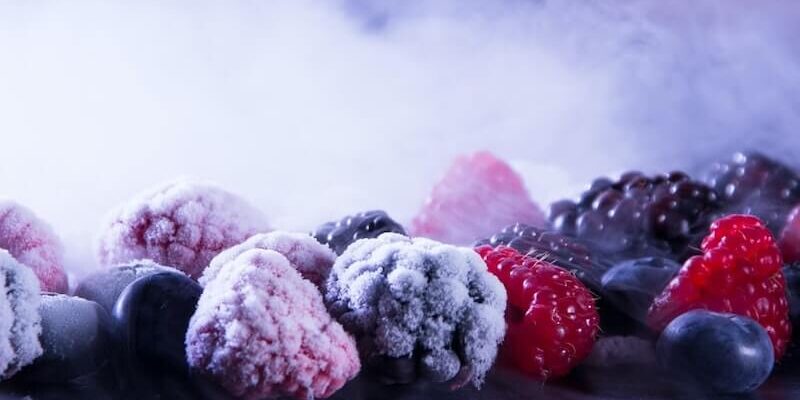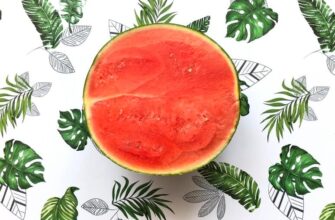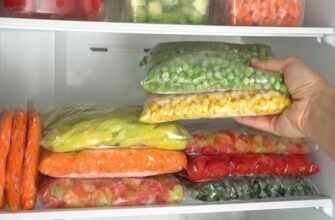Society is experiencing a boom on supposedly the healthiest way to store food. People tend to freeze everything from berries to cutlets. And they think freezing is the best way to preserve nutritional value. But did everyone know that sometimes freezing acts destructively? Freezing spoils the texture, changes the taste and sometimes makes it dangerous to your health.
Dairy products
Freezing milk in the freezer is fraught with loss of flavor and turning the product into a strange substance with ice. It is definitely not suitable for adding to coffee. For the same reason, you should not store sour cream, mayonnaise, yogurt and yogurt. After defrosting, they stratify, look unappetizing and taste rather strange.
Our advice: use frozen milk to make omelets, porridge, pancakes or sauces. In these dishes, the consistency is not so important, the taste of the product will remain fresh. This advice is especially relevant for young mothers and families where porridges are cooked every day.
Boiled rice and pasta
Try putting sushi or rolls in the freezer one day and then taking them out and trying to eat them. You will see that instead of the usual, you get a completely inedible dish – unpalatable, lumpy and sticky in consistency. The same unpleasant transformation happens with pasta: its taste after the freezer deteriorates, as well as its appearance.
Our tip: but perfectly stored frozen stuffed peppers and other semi-finished products, which include rice. Some housewives freeze meatballs, and then reheat in a saucepan, stewing with sauce. And remember: semi-finished products should be stored in the freezer for no longer than 2-3 weeks.
Canned foods and eggs
Both products are absolutely not suitable for freezing. The former are bound to bloat, while the latter will completely change their structure and become inedible. Especially not recommended to freeze boiled eggs – after storage in the freezer they acquire an unpleasant smell, it becomes impossible to eat them. The same applies to salads, such as herring under a fur coat or Olivier. If you do not finish New Year’s Eve, it is better to throw out the leftovers, and if necessary prepare a fresh snack.
Our advice: The only exception to the rule is stew. After sitting in the cold it is suitable for cooking second courses, such as stewed potatoes with meat or pearl porridge. But it is prohibited to freeze it again: such meat can be a source of pathogenic bacteria.
Cheese and melted ice cream
Young brine cheeses or soft curd cheeses after freezing lose not only their delicate taste. In thawed cheese, bacteria multiply quickly and the dish can cause harm to the body. Secondary freezing won’t save thawed ice cream either – its taste and consistency will change. From the freezer you run the risk of getting a mass, inside which will be crispy icicles.
Our tip: but hard cheeses after defrosting are quite fit to eat, especially if you use them for baking. It is customary to grate leftover cheese, freeze it, and then sprinkle the frozen cheese crumb on pizza or add it to khachapuri.
Chocolates and candies
Chocolate treats don’t like the cold. They take on a white patina in the cold, and the flavor of the cocoa bean is muted. Similarly in the freezer behave candy with any fillings: pralines, jam, caramel or nuts. Eat sweets fresh.
Our advice: nutritionists believe that you can freeze a bar of dark chocolate, breaking it into small pieces. Then take it out and suck it in your mouth, like candy. Thus, nutritionists assure, the craving for sweets decreases, and the body gets noticeably fewer calories.
Garlic and onions
These vegetables naturally have a pungent smell, which becomes even more unpleasant after freezing. Foods containing a lot of onions and garlic, such as minced meat, should not be frozen, so as not to reduce the value of the product. After freezing the vitamins and phytoncides that save from colds are lost.
Our advice: freeze minced meat without onions and garlic. It is better to pack the meat in vacuum packs, rolling out in thin layers. This way it stays fresh longer and defrosting is more convenient.
Remember that it is better to freeze food in special containers, vacuum bags or with zip-lock. This way foreign odors do not penetrate the bag, and the taste is preserved bright. And do not forget about the timing: long storage always affects the quality and usefulness of the product not the best way.









